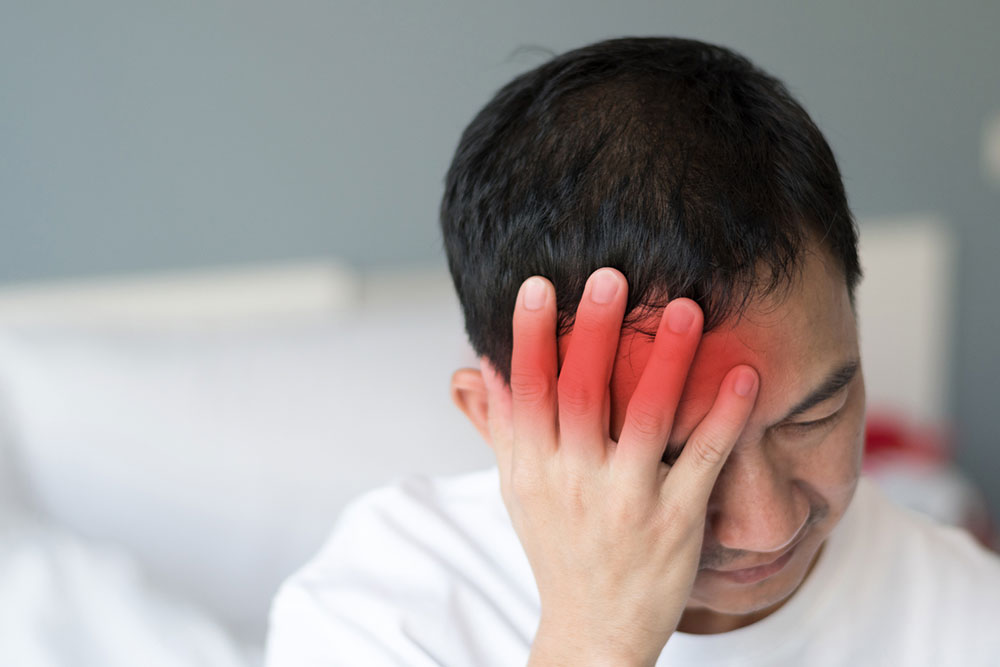Identifying the Common Signs of Migraines
Learn about the key signs and triggers of migraines, including symptoms, causes, and effective treatments. This comprehensive guide helps distinguish migraines from other headaches and offers natural relief options, emphasizing the importance of medical consultation for persistent or severe cases.

Migraines are a widespread neurological condition affecting men and women worldwide. They frequently bring individuals to emergency rooms and clinics due to their severity. Not all headaches are migraines; recognizing specific symptoms can help differentiate them.
How long do migraines typically last? Usually, a migraine attack persists for four hours to three days, with frequency varying per person. Different types of migraines exist, with approximately 8% of people experiencing the common form.
What triggers migraines? Factors such as oral contraceptives, stress, smoking, irregular meals, and foods like chocolates, alcohol, or nuts may provoke migraines.
How can you distinguish migraines from other headaches? Migraines often come with intense pain, nausea, vomiting, temporary vision loss, forehead discomfort, pain behind one eye or ear, increased sensitivity to light and sound, or flashing spots. These symptoms may necessitate emergency care.
Migraines are classified into two types: those with an aura, which is a sensation experienced about half an hour before the attack, and those without an aura.
Pre-migraine signs may include stiff neck, fatigue, depression, constipation, unusual food cravings, and frequent yawning.
Managing migraines Natural remedies like hydration, a gluten-free diet, and lavender oil can provide relief. Consulting a healthcare provider is essential to determine the specific migraine type and appropriate medications. While occasional migraines may be treated with over-the-counter painkillers, frequent attacks often require stronger medication and preventive strategies to minimize attacks.
Note: The information shared here is for educational purposes. Always consult a healthcare professional for diagnosis and treatment. Our site provides valuable insights but is not a substitute for professional medical advice.










